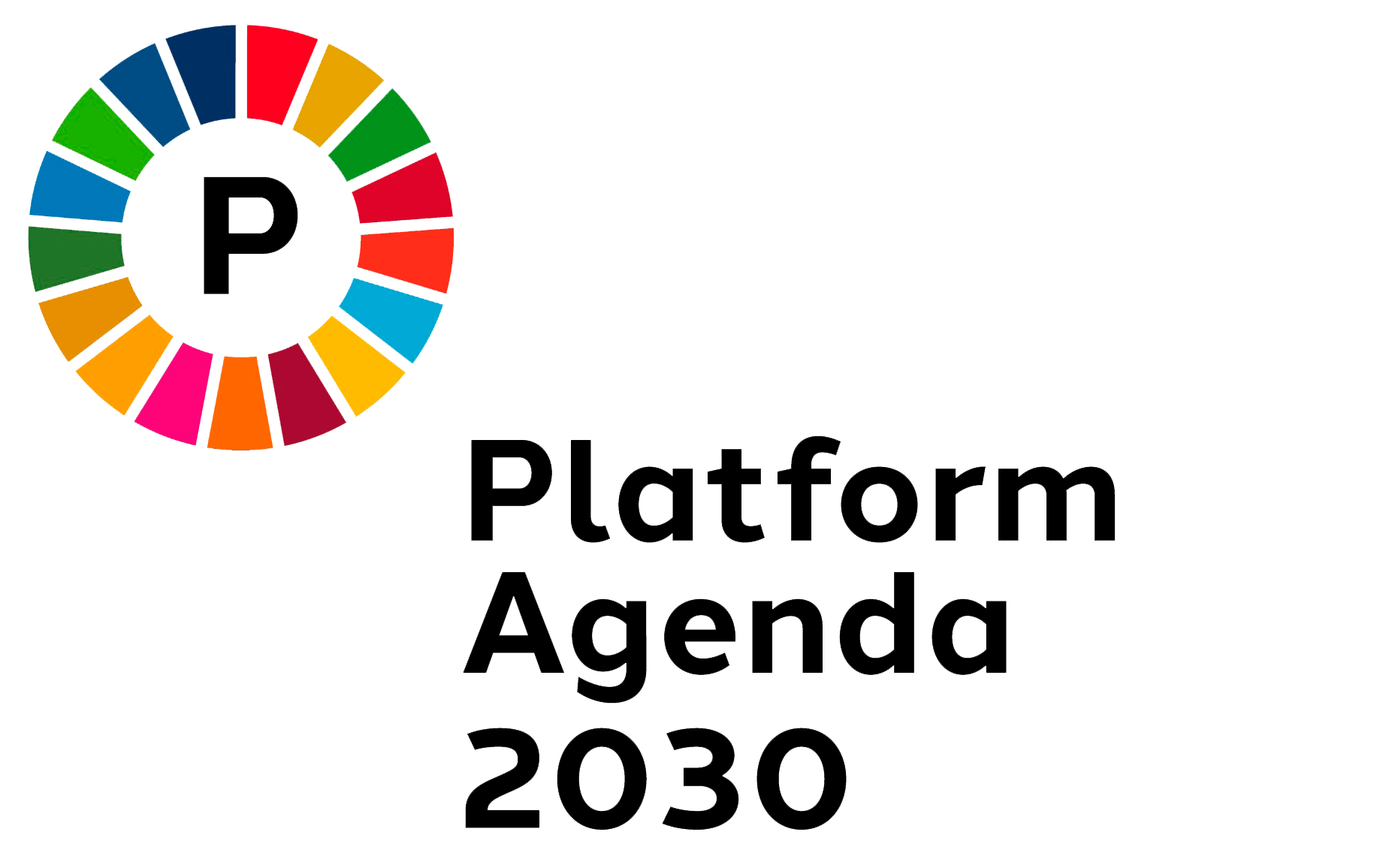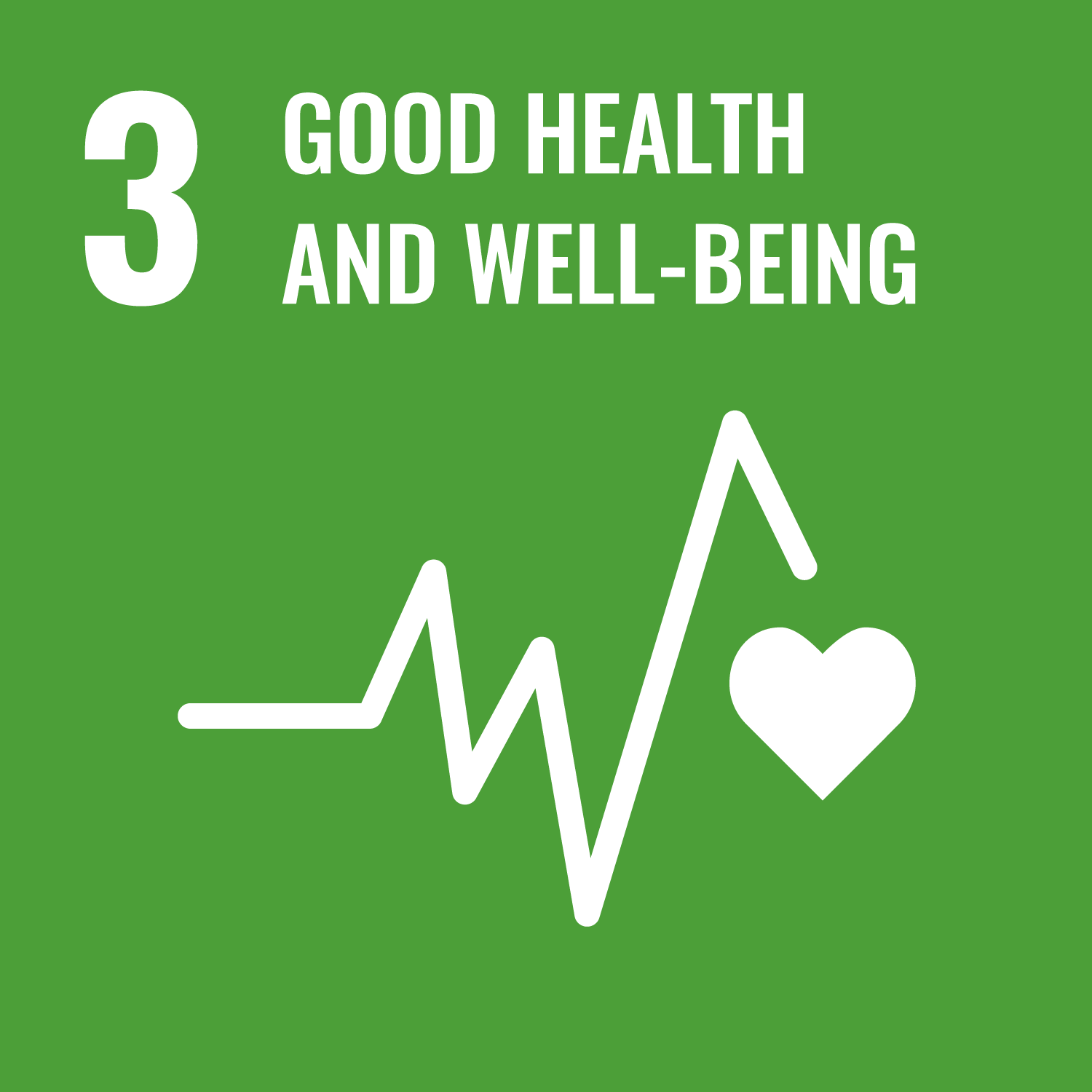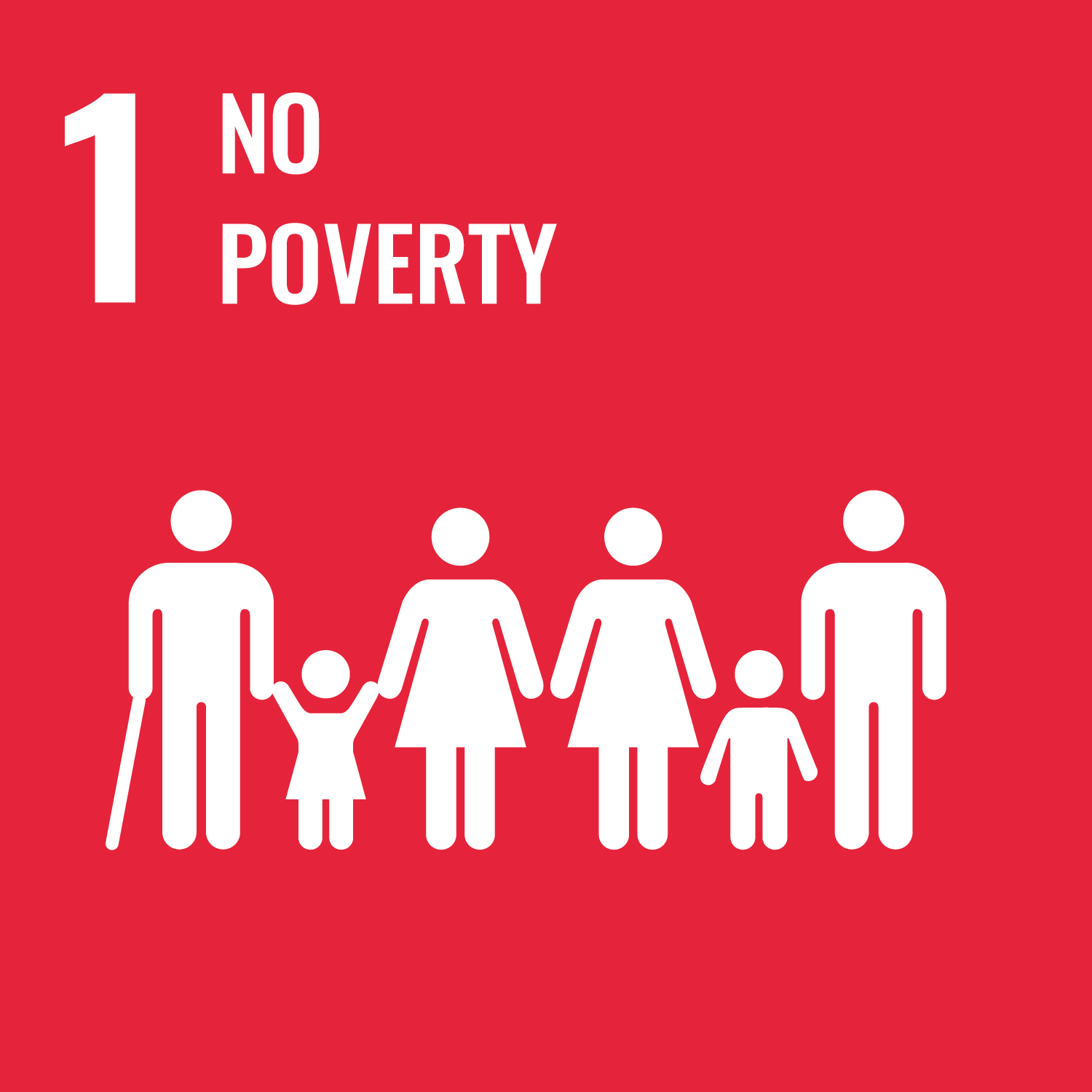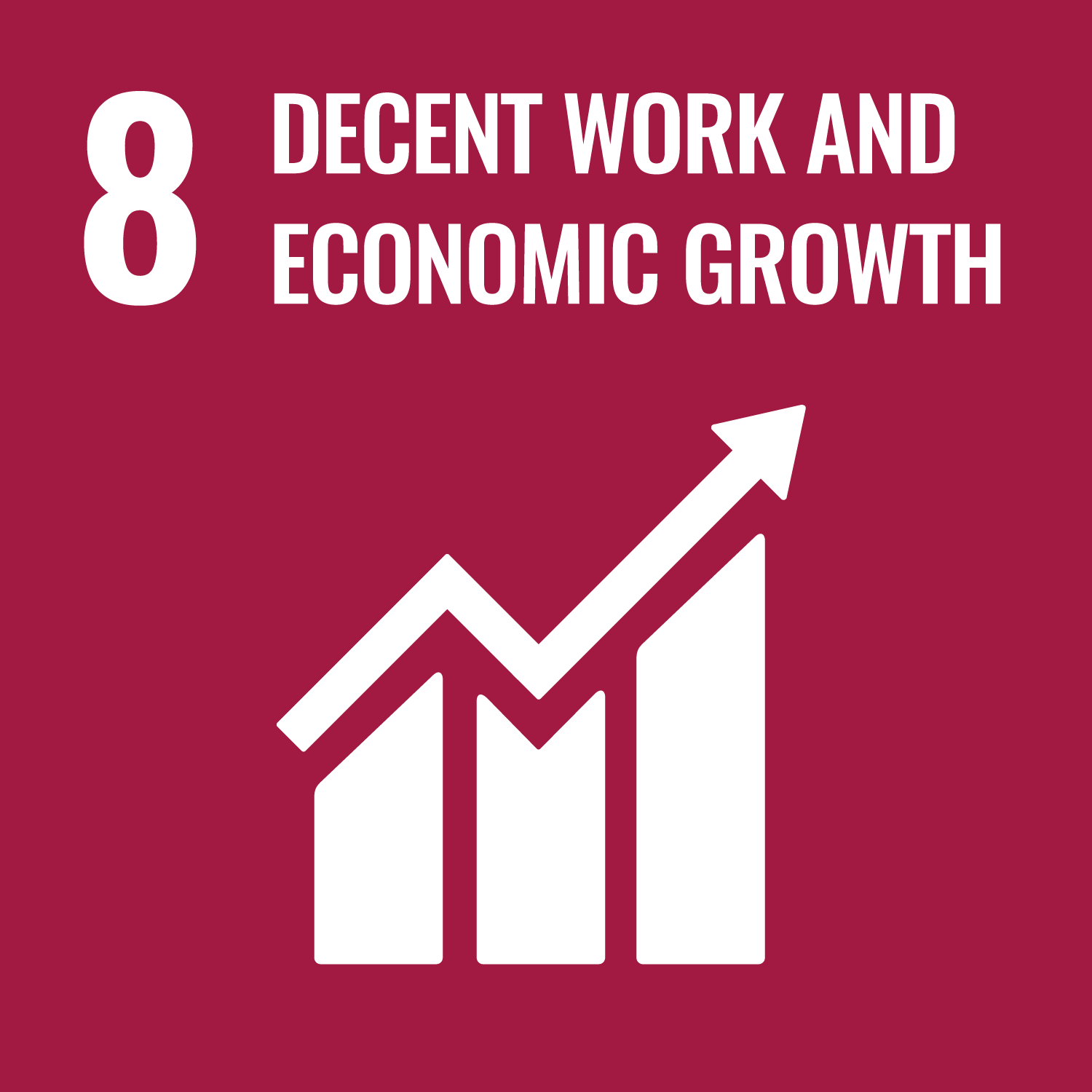Health is more than the absence of disease
Mental health and wellbeing are just as much a part of overall health at all phases of life, but our health system continues to neglect them. Switzerland does not have enough psychiatrists or psychiatric nurses, or local or outpatient treatment facilities. Many displaced persons and victims of torture have no way to access treatment and therapies, or specialist interpreters. Far too little attention is paid to mental health in old age, and care homes do not offer the services that are needed.
Switzerland does not have any comprehensive strategy to promote sexual health and sexual rights. These are crucially important to self-determination. If you are not able to determine what happens to your own body, you are not able to participate fully in social, economic and political life.
Health promotion cannot be delegated entirely to the individual, or rely on personal responsibility alone. Conditions which make people ill, such as environmental and noise pollution, and discrimination, must be eliminated. The government must create frameworks that support a healthy life, whether in food, housing or asylum policies.
In its international responsibilities, Switzerland is answerable in three respects:
- The strict patent protections defended by Switzerland prevent billions of people accessing medications and vaccines.
- Recruiting healthcare personnel from abroad results in brain drain and shortages in other countries.
- Through the export of tobacco products banned in Switzerland, Swiss trade policy endangers health abroad. While the EU forbids exports of tobacco goods that are banned in the EU, Switzerland continues to support these companies.
This undermines development cooperation efforts to strengthen healthcare systems in the Global South.
- Switzerland guarantees non-discriminatory access for all to a high quality of affordable, barrier-free, accepted healthcare that also includes mental and sexual health. It promotes the same in partner countries as part of its development cooperation work.
- Switzerland runs campaigns to promote good mental health, raising awareness of mental illness and helping to de-stigmatise it.
- Switzerland improves its healthcare system. It ensures that it is sufficiently funded and staffed, and invests in rights-based digitalisation.
- The Federal Office of Public Health improves the basis of available data on harmful life situations. From this, it determines what needs to be done and takes the necessary action.
- Switzerland advocates within the WHO and WTO for equal access to medications for all. It relaxes its patent protections to allow people in other countries to enjoy the right to health.
- Switzerland properly implements the WHO Code of Practice on the International Recruitment of Health Personnel and actively supports its more binding application.
- Switzerland bans the export of harmful products that cannot be sold within Switzerland.
in collaboration with Mirjam Gasser, CBM Schweiz, Martin Leschhorn, Medicus Mundi Switzerland, Susanne Rohner, Sexuelle Gesundheit Schweiz, Corinna Bisegger, Swiss Red Cross, Sylvia Valentin, terre des hommes switzerland
Report as PDF
- Schuler, A. Tuch, I. Sturny & C. Peter: Mental health. Key figures with focus on Covid-19 (Obsan Bulletin 02/2022). Neuchâtel: Schweizerisches Gesundheitsobservatorium. 2022. (German or French)
- FOEN/BAG (Eds.): Environment and Health in Switzerland. A multi-faceted relationship. Federal Office for the Environment and Federal Office of Public Health, Bern. 2019. (German or French)
- CBM Switzerland: Inclusive Healthcare Systems. Factsheet. 2020.











